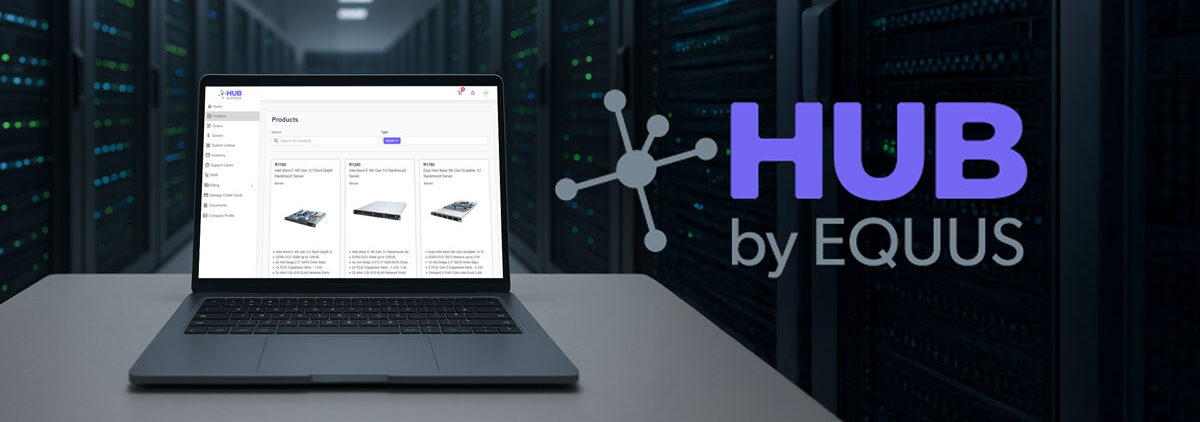For some tasks, speed is everything. Consider autonomous driving. If autonomous driving systems couldn’t adapt to situations in real-time, they couldn’t perform basic maneuvers like changing lanes, reducing speed for changing weather conditions, or maneuvering to avoid debris. The lack of real-time reaction would be disastrous.
Another example is medical diagnosis. Early detection of diseases like cancer significantly improves the chances of successful treatment; unfortunately, 50% of cases are detected at an advanced stage. In contrast, improved AI efficiency could increase early detection capabilities.
AI is being used in many industries to do important and, in some cases, life-saving work. However, the efficacy of these AI solutions greatly depends on the hardware on which they run. We’ll look at four AI applications and how Gaudi2 can help improve outcomes.
AI Use Cases That Need Speed
Healthcare
Healthcare is one of the most compelling use cases for high-performance AI technology. Consider that 76% percent of healthcare use cases are related to diagnosis and treatment systems, so if we can optimize AI efficiency, we can stretch medical research budgets further while improving results.
In a RIKEN case study, Gaudi AI processors were able to identify protein secondary structures 22% faster and accelerate the classification of disease patterns by 18% when compared with the v100 GPU. While these numbers are measured in seconds, the results are compelling when you add up all the iterations that must be processed. The Gaudi2, which can deliver three times the performance of its predecessor, will further enhance AI’s capabilities in the healthcare industry.
Banking

Real-time and digital payment transactions are growing rapidly, with real-time payments expected to quadruple by 2026. Features that facilitate security and processing make instant transactions possible.
AI plays a crucial role in KYC (Know Your Customer) and AML (Anti-Money Laundering) activities by automating the processes of verifying customer identities, monitoring customer transactions, and identifying suspicious activities. AI technology can quickly process large amounts of data to identify patterns in customer behavior to detect suspicious transactions, flagging them for further analysis.
Time- and cost-to-train impact a banking institution’s ability to use AI effectively. First-generation Gaudi processors delivered up to a 40% price-performance advantage over comparable GPU-based solutions. And Gaudi2 further increases performance while keeping the same level of cost-efficiency.
Retail
AI is rapidly transforming the retail industry, providing powerful systems for automating processes and improving customer experiences. It helps retailers predict customer preferences, analyze data from past sales, and improve inventory management.
However, even with AI technology, it can be challenging for retailers to keep up with fluctuating inventory and changing customer preferences. Habana Gaudi lowers the time and cost it takes to train AI models that manage inventory. This price-performance efficiency is also needed for leveraging technologies like computer vision and natural language processing (NLP), which are key to producing real-time insights and actionable recommendations.
Retail organizations have massive data sets that benefit from accelerators that can handle data parallelism and model parallelism — the ability to perform repetitive operations concurrently. Gaudi uses these acceleration techniques to further improve the price-to-performance it can provide to retail organizations.
Manufacturing
AI in manufacturing can lead to significant improvements in efficiency, productivity, cost savings, and overall competitiveness. The ability of AI to process and analyze large amounts of data quickly enables manufacturers to respond to changing market demands and adapt to new technologies more effectively.
Consider just two ways in which AI improves manufacturing: predictive maintenance and enhanced automation. AI-driven predictive maintenance systems analyze data from sensors on equipment to identify patterns and anomalies, allowing manufacturers to schedule maintenance before a failure occurs. Fast AI can also drive more advanced and responsive automation systems, enabling manufacturers to automate complex tasks and processes — leading to higher productivity, reduced labor costs, and improved worker safety.
The evolution of AI technology has already led to more efficiency and insights in many fields. As hardware and software become more accessible, companies that embrace the technology will have a competitive edge.
How Can Habana Gaudi Benefit Your Business?
If you use or plan to use deep learning in a significant way, Gaudi processors will provide major improvements to the cost-efficiency and performance of your computing operations. At Equus, we realize that every use case, even within the same industry, is different. Share your computing needs with one of our experts, and we’ll help you choose a hardware solution that best aligns with your business goals. Register for our upcoming webinar “Deep Learning Applications with Habana Labs and Equus” on May 9th here.








